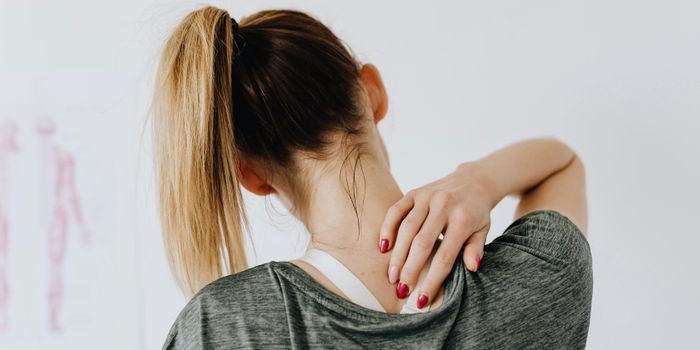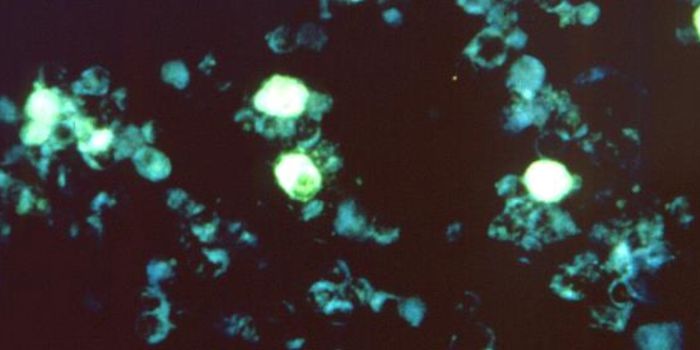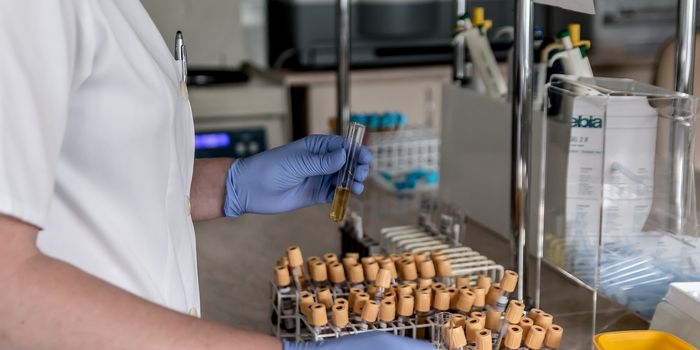Study Reveals Effects of Combined Alcohol and THC Consumption on Brain Function
A University of Illinois, Urbana-Champaign research team studied rats to understand how brain structure and behavior can change after combined consumption of cannabis and alcohol. The findings published in Behavioural Brain Research indicate that alcohol and Tetrahydrocannabinol (THC) consumed together significantly reduced prefrontal cortex functioning in drug-exposed rats. Both alcohol and THC impaired plasticity when used alone or in combination, but impairment in brain function was significantly increased with combined substance use.
The study highlighted that the impaired plasticity was likely due to the effects of a chemical messenger called gamma-aminobutyric acid. The study also noted that THC’s influence on memory was minimal and that lower to moderate doses, THC, or both drugs did not result in ongoing or severe cognitive impairments.
The researchers used young male and female rats to simulate brain function in human adolescence. Rat brain development is similar to neurodevelopmental changes that happen in human youth. Specifically, changes in the prefrontal cortex help adapt to changing environments as neurons in the prefrontal cortex modify their connections, so the researchers wanted to understand the effects of drug exposure on synaptic plasticity.
To investigate the effects of mixing alcohol and cannabis, the researchers exposed the rats to recreational doses (3 mg/kg-10 mg/kg) of THC in the form of a coating on Fudge Brownie Goldfish Grahams and a sweetened 10% ethanol solution. The control group was fed only the cookies and sweetened water.
After 20 days of THC titration or incremental dosing increases, the rats were drug-free as they grew into young adulthood. The researchers took blood samples from the rats and tested their memories to see if the co-use of drugs had any effect. The researchers tested the rats’ ability to remember the location of a target lever. Recalling the correct location and pressing the target lever resulted in a food reward. This test took place after longer and shorter delay periods.
The research series included two studies. The first study highlighted the rats’ aversion to higher levels of THC. The rats would not eat the higher THC dose cookies, so the researchers wanted to find another way to expose the rats to higher THC levels. Therefore, the second study involved injecting alcohol-drinking and non-drinking rats with varying THC doses. Doses ranged from 3 mg/kg to 20 mg/kg. The injections and alcohol drinking ceased, and the researchers assessed rats’ brain activity as they entered early adulthood. The researchers observed inhibiting effects on rats exposed to either substance, and they noted greater impairment with combined alcohol and cannabis doses. When the researchers administered a chemical that enhances GABA, they noted it could remediate the cognitive dysfunction due to drug exposure.
Sources: Behavioural Brain Research, Eureka News Alert








